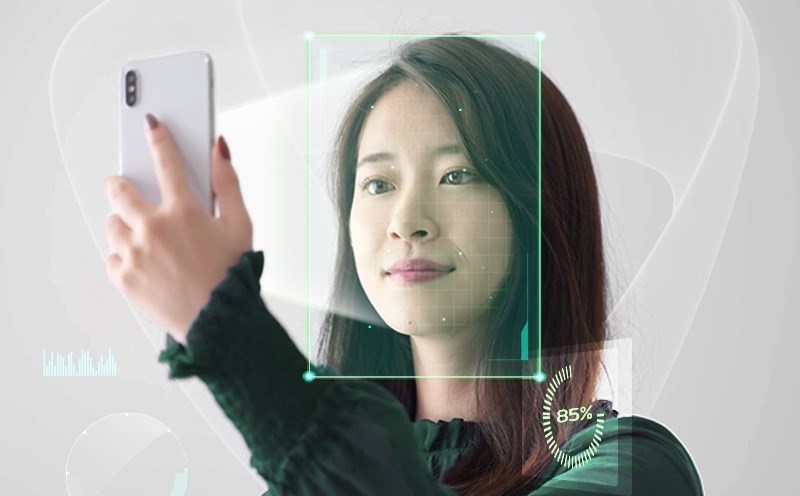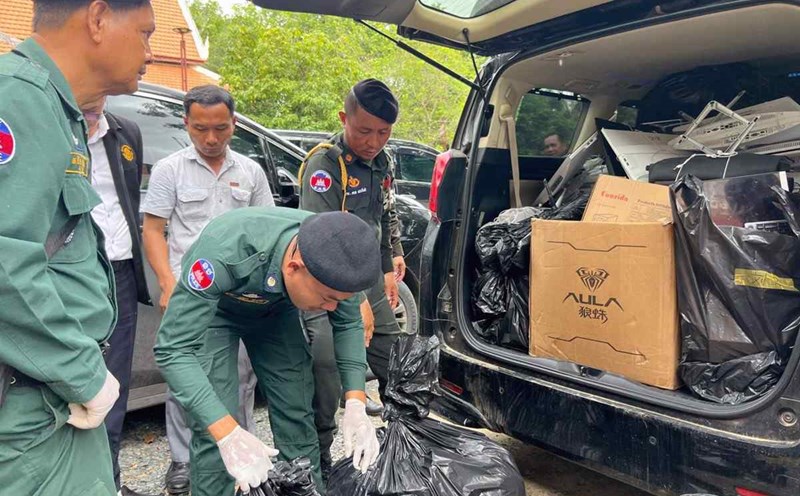The global financial and payment industry is facing an increasingly sophisticated wave of threats from generative AI technology. In this context, the State Bank of Vietnam issued Decision 2345, requesting to strengthen biometric authentication measures in online transactions.
Faced with these risks, MoMo has proactively integrated iProov's Dynamic Liveness biometric authentication solution to ensure that all transactions are conducted accurately and securely.
Dynamic Liveness solution uses Flashmark technology to effectively detect and prevent fraud risks from AI (artificial intelligence), far exceeding traditional security methods.
This technology not only verifies that the user is real, but also ensures correct identity and presence at the time of transaction, disabling all scams using deepfake, restarted videos or fake images.
This is a solid shield that protects each transaction, each account, bringing peace of mind to customers. In high-risk areas such as finance, this level of security plays a key role in preventing fraud, preventing unauthorized access and maintaining users' trust in the platform.
MoMo has over 30 million users and hundreds of thousands of partners across all fields. Therefore, they hope that integrating iProov's technology will help them have a strict, accurate layer of user authentication, protecting users from fraudulent forms such as deepfake and ensuring they are always confident in each transaction.
According to data from the State Bank, as of August 15, 2025, the entire banking industry has completed the collection and comparison of biometric information with the National Population Database for more than 123.9 million individual customer records and more than 1.3 million institutional customer records. This is 100% of the accounts that generate transactions on digital channels.
This result has brought about clear results: the number of fraud cases decreased by more than 59%, accounts related to fraud decreased by 52% compared to before. The National Credit Information Center (CIC) also coordinated with the Ministry of Public Security to complete 6 data cleansing sessions with about 57 million records.











